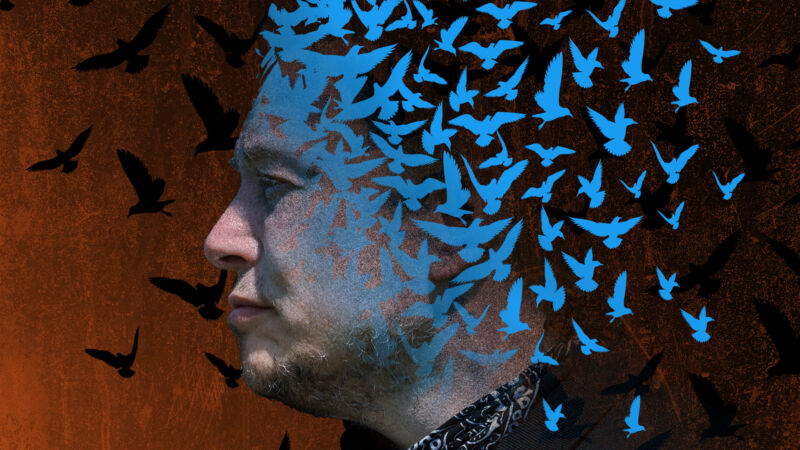-
 chevron_right
chevron_right
Why Musk gave up: He’s almost certain to lose Twitter case, law professor says
news.movim.eu / ArsTechnica · Wednesday, 5 October, 2022 - 14:53 · 1 minute

Enlarge (credit: Aurich Lawson | Patrick Pleul/dpa-Zentralbild/ZB)
Why did Elon Musk agree to buy Twitter again instead of continuing to argue his claims that Twitter violated the merger agreement by lying about bots? There are a few answers, but "the biggest one of all is that he's almost certain to lose [in Delaware Court of Chancery]. And of course, if he loses, he has to do exactly what he's just agreed to do, which is close the deal at the original price," law professor Robert Miller told Ars in a phone interview yesterday.
Miller is the F. Arnold Daum Chair in Corporate Finance and Law at the University of Iowa College of Law. "The Delaware Supreme Court and the Delaware Court of Chancery have cited Professor Miller's articles on material adverse effects, an issue the Court of Chancery has described as 'one of the most difficult issues under Delaware law,' more than forty times," his University of Iowa bio says. Musk's defense against Twitter's lawsuit depended heavily on whether he could prove that Twitter suffered a material adverse effect.
Musk tried to get out of the $44 billion deal by claiming that Twitter lied in its estimate that fewer than 5 percent of its monetizable daily active users (mDAU) are spam or fake. But his claims seemed to have no solid proof, and with the scheduled trial less than two weeks away, Miller says Musk probably finally realized his case likely isn't a winner.

